Chihiro@ChiVillain さんによると、
岸田外相が
「"性的奴隷"という言葉は事実と釣り合わない。あくまでも慰安婦である」
という内容の発言をしたらしい
(同氏のツイート〔7:10 - 2016年1月19日 〕)。
事実と釣り合ってないのは、
むしろ、「慰安婦」という言葉だろう。
kaz hagiwara(萩原 一彦)@reservologic さんが
――「慰安婦」という言葉自体、出来た時には、高級将校の性的相手をするもっとのんびりした仕事の女性を指したんだと思う。それが戦場付近で機械的に兵隊の相手をする機械じみたものになったのに呼び方だけ残したんでしょ?「あくまで」とかタワゴト。〔7:18 - 2016年1月20日 〕――
と指摘。
その通りだと思う。
〔資料〕
「Women Forced to Work in Wartime Brothels Were Not Sex Slaves, Japan’s Foreign Minister Says」
TIME(Jan. 18, 2016)
☆ 記事URL:http://time.com/4184252/japan-foreign-minister-comfort-women-sex-slaves-south-korea/?xid=tcoshare

Japanese Foreign Minister Fumio Kishida attends a joint press conference with South Korean Foreign Minister Yun Byung-se (not in pictured) on Dec. 28, 2015, in Seoul
He prefers the term comfort women
Japanese Foreign Minister Fumio Kishida said on Monday that women forced to work in Japanese military brothels during World War II should not be called sex slaves.
“The term sex slaves doesn’t match the facts,” Kishida said according to the Japan Times.
During World War II, Japan forced thousands of women — euphemistically called comfort women — into military brothels. Most were South Korean; other victims came from China, the Philippines, Indonesia and Taiwan.
Japan and South Korea reached a landmark settlement on the issue in December, after decades of diplomatic deadlock. As part of the deal, Japanese Prime Minister Shinzo Abe apologized and Tokyo offered an $8.5 million victim-support fund.
[The Japan Times]
岸田外相が
「"性的奴隷"という言葉は事実と釣り合わない。あくまでも慰安婦である」
という内容の発言をしたらしい
(同氏のツイート〔7:10 - 2016年1月19日 〕)。
事実と釣り合ってないのは、
むしろ、「慰安婦」という言葉だろう。
kaz hagiwara(萩原 一彦)@reservologic さんが
――「慰安婦」という言葉自体、出来た時には、高級将校の性的相手をするもっとのんびりした仕事の女性を指したんだと思う。それが戦場付近で機械的に兵隊の相手をする機械じみたものになったのに呼び方だけ残したんでしょ?「あくまで」とかタワゴト。〔7:18 - 2016年1月20日 〕――
と指摘。
その通りだと思う。
〔資料〕
「Women Forced to Work in Wartime Brothels Were Not Sex Slaves, Japan’s Foreign Minister Says」
TIME(Jan. 18, 2016)
☆ 記事URL:http://time.com/4184252/japan-foreign-minister-comfort-women-sex-slaves-south-korea/?xid=tcoshare

Japanese Foreign Minister Fumio Kishida attends a joint press conference with South Korean Foreign Minister Yun Byung-se (not in pictured) on Dec. 28, 2015, in Seoul
He prefers the term comfort women
Japanese Foreign Minister Fumio Kishida said on Monday that women forced to work in Japanese military brothels during World War II should not be called sex slaves.
“The term sex slaves doesn’t match the facts,” Kishida said according to the Japan Times.
During World War II, Japan forced thousands of women — euphemistically called comfort women — into military brothels. Most were South Korean; other victims came from China, the Philippines, Indonesia and Taiwan.
Japan and South Korea reached a landmark settlement on the issue in December, after decades of diplomatic deadlock. As part of the deal, Japanese Prime Minister Shinzo Abe apologized and Tokyo offered an $8.5 million victim-support fund.
[The Japan Times]










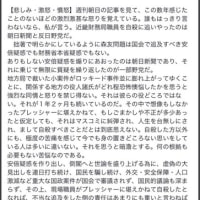
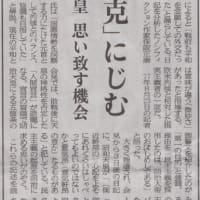
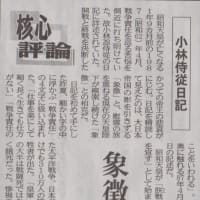
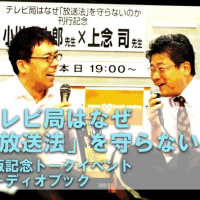
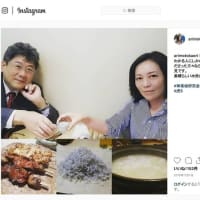
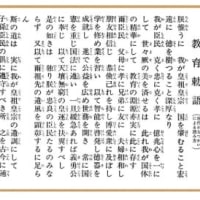



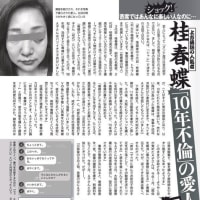
※コメント投稿者のブログIDはブログ作成者のみに通知されます